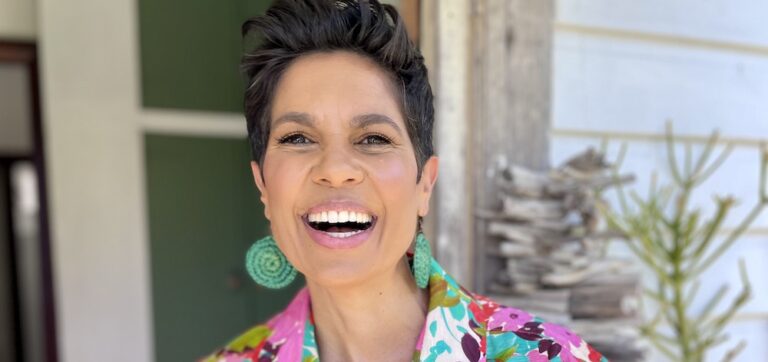
Gender Neutral Pronouns Recommended By Government
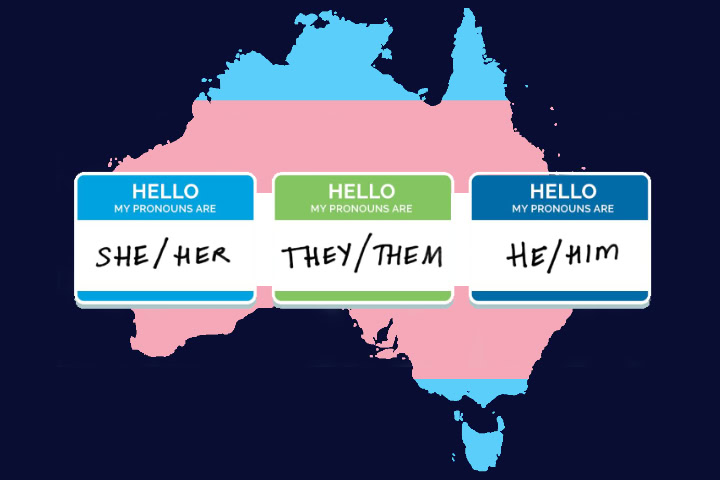
The Australian government has issued a new and updated style manual, the first in almost two decades, which pushes for more inclusive language, including suggestions to use the honorific Mx and gender neutral language in official communications.
The Digital Transformation Agency released the manual in beta on July 30 and has sought public feedback before it goes live to replace the previous one that was issued way back in 2002. The style manual applies to all government content, including, digital services and products, briefs, policy documents, reports, technical and specialist content and government communications.
Much of the discussion online since the publication of the beta version has been on the use of “em dash or en dash”, numerals and other style changes.
The new manual has an entire section on using inclusive language with regards to Aboriginal and Torres Strait Islander peoples, age diversity, cultural and linguistic diversity, gender and sexual diversity and people with diversity.
“Use language that is culturally appropriate and respectful of the diversity of Australia’s peoples. Only refer to age when it is relevant and necessary. Use gender-neutral language. Find out the user’s preferred pronoun. Focus on the person, not the disability. Mention disability only if it is relevant and necessary,” the manual advises.
In the section relating to gender and sexual diversity, the manual says that, “Inclusive language conveys gender equality and is gender neutral. It respects peoples’ preferences around gender and sexual identity.”
The manual’s recommendations include:
- Use gender neutral language
- Don’t use language that discriminates on the basis of a person’s gender or sexual identity.
- Use the user preferred pronoun and in its absence use “they”, “them” “themselves.”
- Avoid job titles that end in ‘man’ or ‘woman’. So police officer, minister of religion, firefighter instead of policeman, clergyman, fireman.
- Avoid job terms that specify women. So actor, host, waiter, flight attendant instead of actress, hostess, waitress, stewardess.
- Use the honorific Mx to refer to non-binary people or those who do not wish to be referred by their gender.
- Both LGBTI and LGBTIQ+ can be used.
The recommendations for use of inclusive and person first language is not without its share of problems. The guideline to use “person with disability” and not to use “disabled person” has faced criticism and questions have been raised about whether the manual writers had consulted disabled people.
A 23-year-old graduate student, who is disabled and identifies as bisexual, posted on Twitter “listen to what disabled people are telling you.”
https://twitter.com/bigsquidkid/status/1289507984389705728
Another Melbourne resident asked disabled people to fill in the feedback form. “Disabled people: please give feedback to the Style Manual asking that they stop telling people it’s wrong to say “disabled people”!”
https://twitter.com/AsFarce/status/1289043105228890117
You can provide feedback or suggest changes to the style manual on the official website.

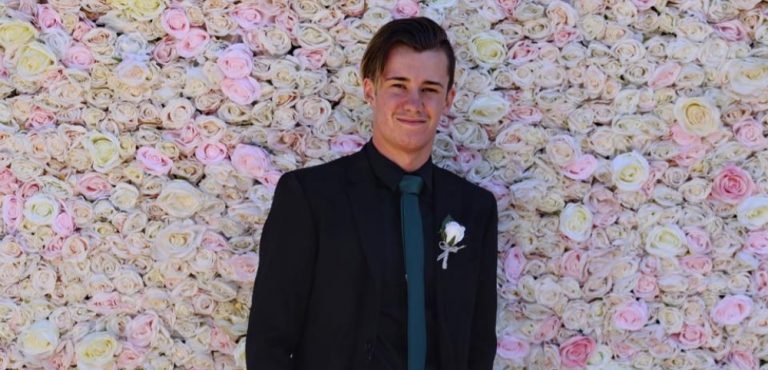


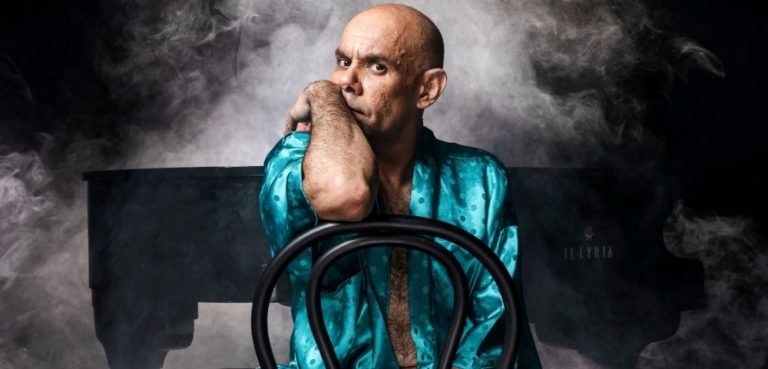





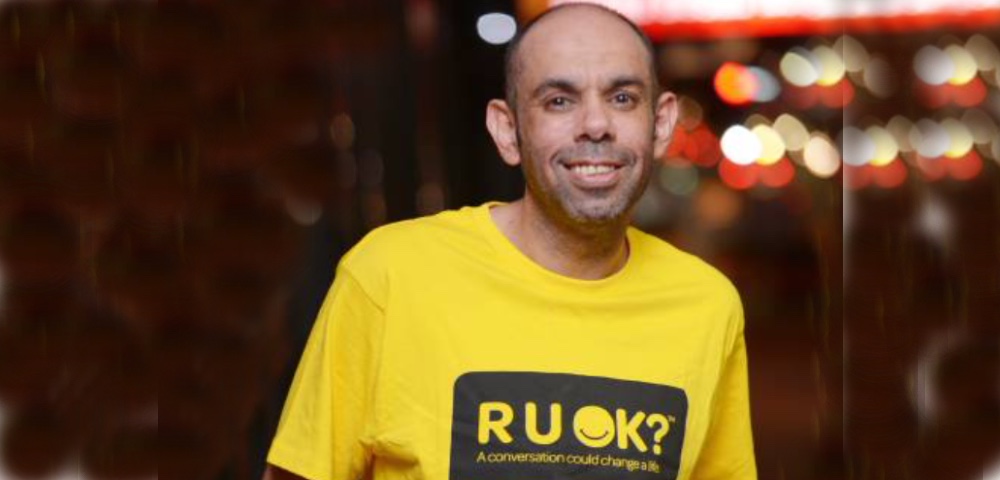
Why don’t they just give us all a Number? They are non-gender, non-sexual, non-ageist , just 100% Inhuman.
Enough of this nonsense. I am proud to call my self a Male, tobe Homosexual, tobe a right bastard when I feel like it. I am not aqshamed of being the age I am now (82). My lesbian sister feels exactly the same way, she doesn’t even care if she is addressed as Miss, Ms. or Mrs. Just address her by her given name and that is enough identify her gender.
This is Political Correctness gone stark, raving bloody mad.
Seriously? In a pandemic honestly! ????????????
Gasp!
The government *pro-actively* recognising and recommending something positive for the Rainbow Community, *and* taking note of anyone else who is not only heternormative / white only / etc?
????…there’s hope for our government yet…????????
I have mobility problems as a permanent side-effect of needing chemotherapy in the past, yet I can’t see the problem of ‘disabled person’ vs ‘person with disability’ …if I get called either, I don’t mind; all I hope is that I get treated with equal respect, as either can be said by someone else as just a recognition that I have a mobility problem, or said with and intent of being derigitory. If nothing else though, I feel that the latter term is positive, and recognises that I am not defined by my disability – just like “yes, I’m a gay man, but that doesn’t define me” or “I have grey hair, but that doesn’t define me” or “I get very dry skin in winter, but that doesn’t define me”.